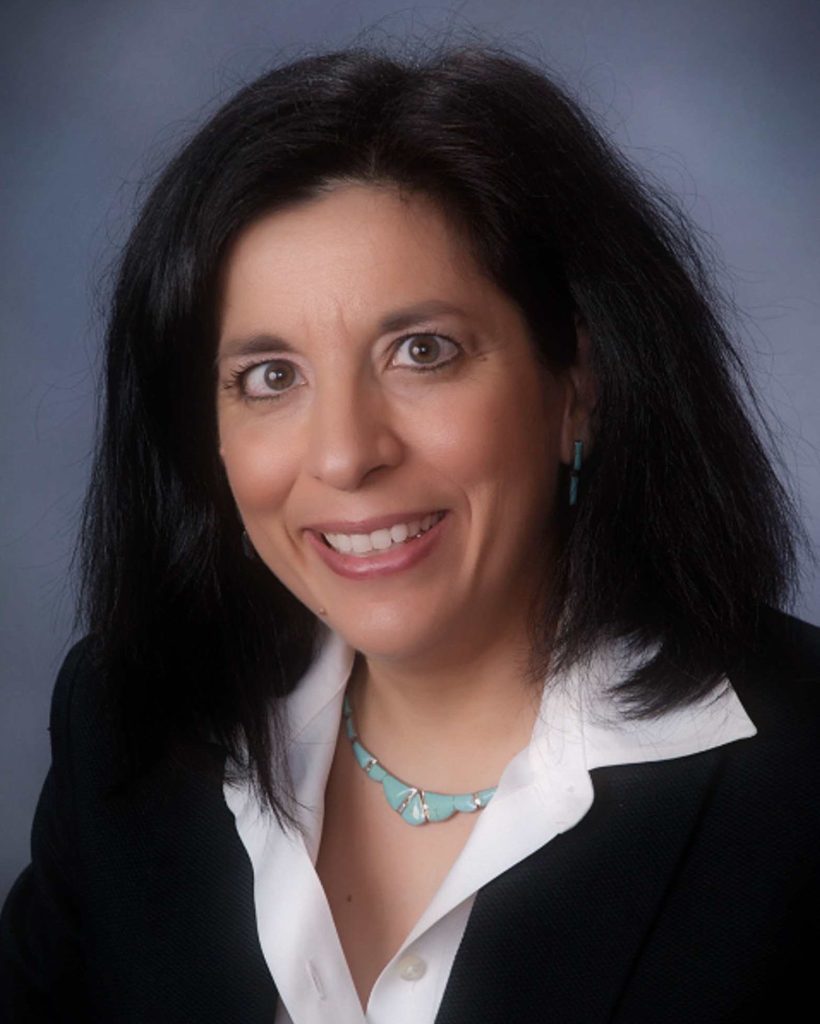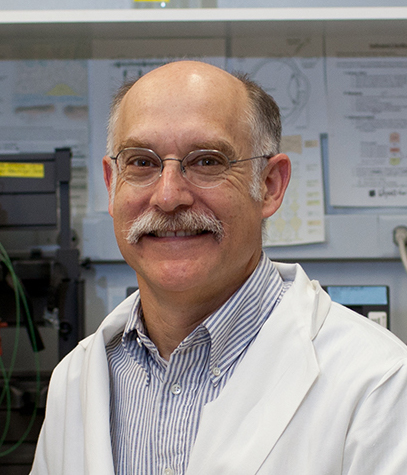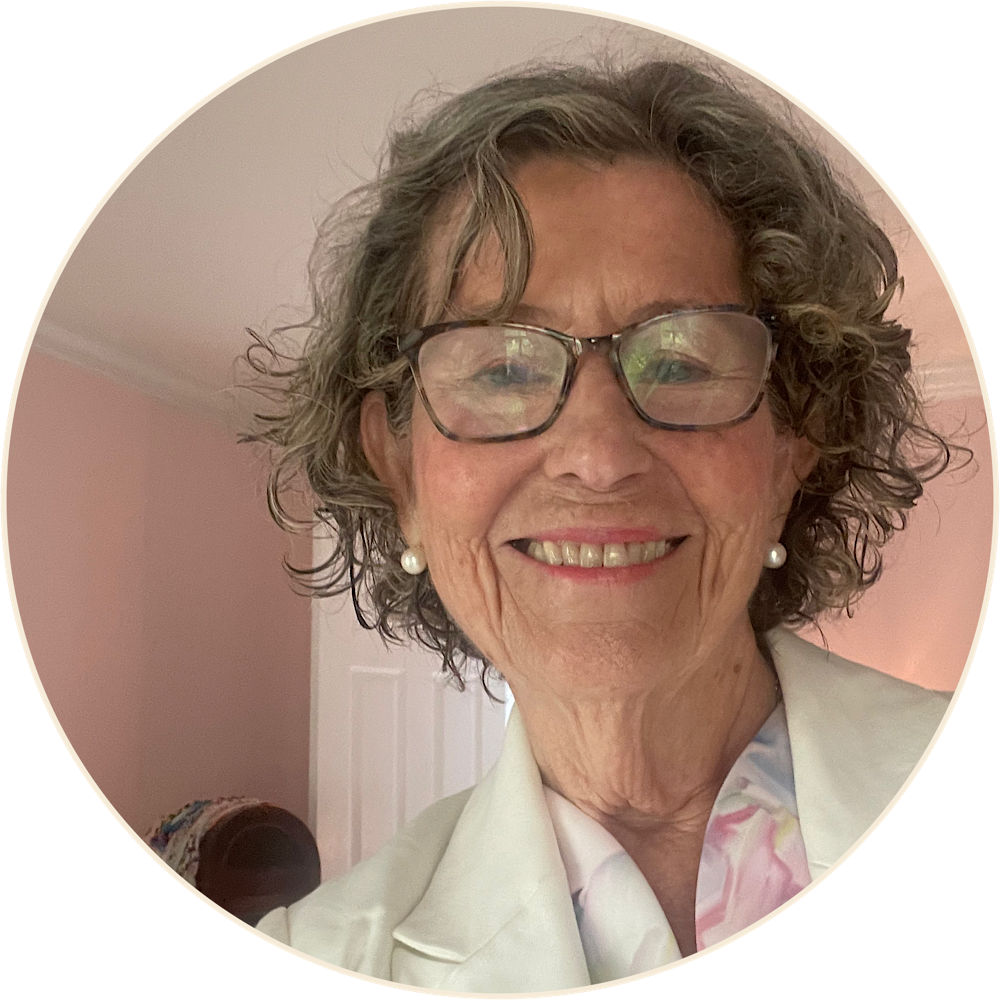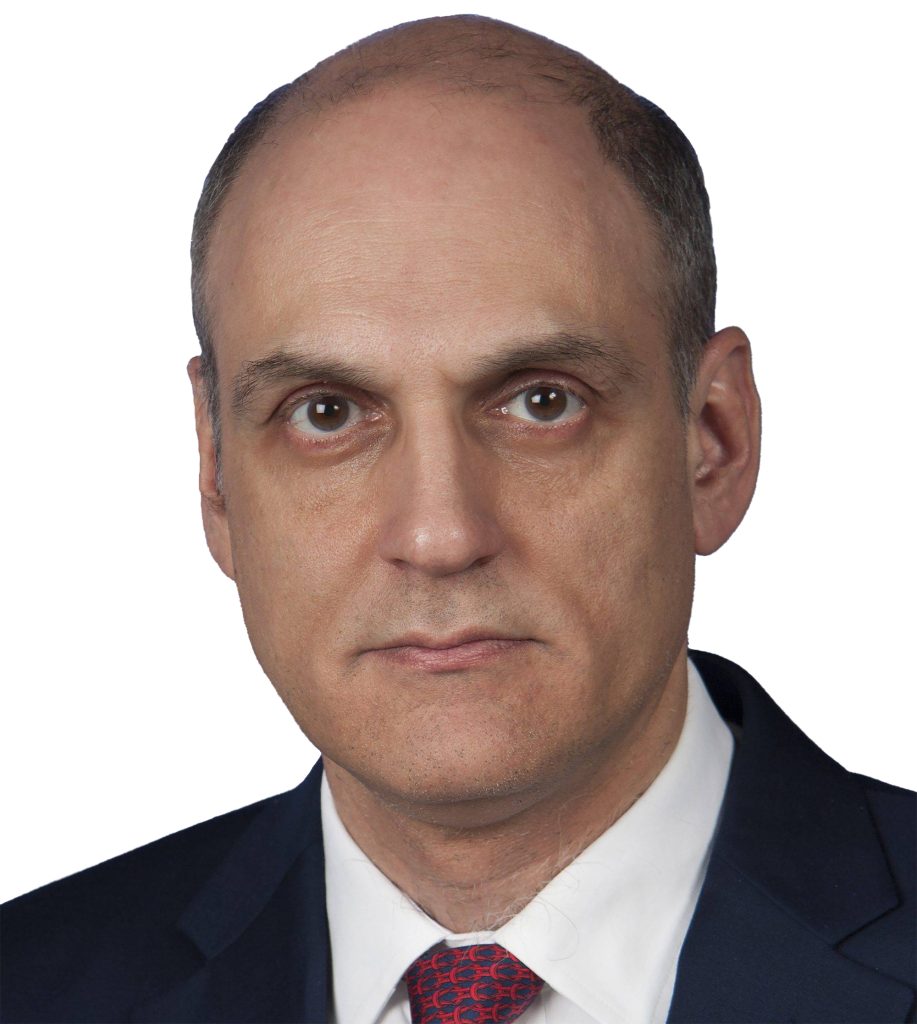About Us
About Us
Diorasis Therapeutics is an ophthalmic early-stage company focusing on first-in-class disease-modifying gene-agnostic gene therapy for normalizing outflow facility in the trabecular meshwork and decreasing IOP in open angle glaucoma patients.
We have multiple publications in leading ophthalmology and gene therapy journals of in vitro and in vivo experiments supporting the mechanism of action and demonstrating strong efficacy and preliminary safety in multiple small and large animals:
- lowering IOP in steroid-induced glaucoma in mice
- lowering IOP in myocilin genetic glaucoma model in mice
- lowering IOP in steroid-induced glaucoma model in sheep
- not-lowering IOP in normal mice (avoiding risk of hypotony)
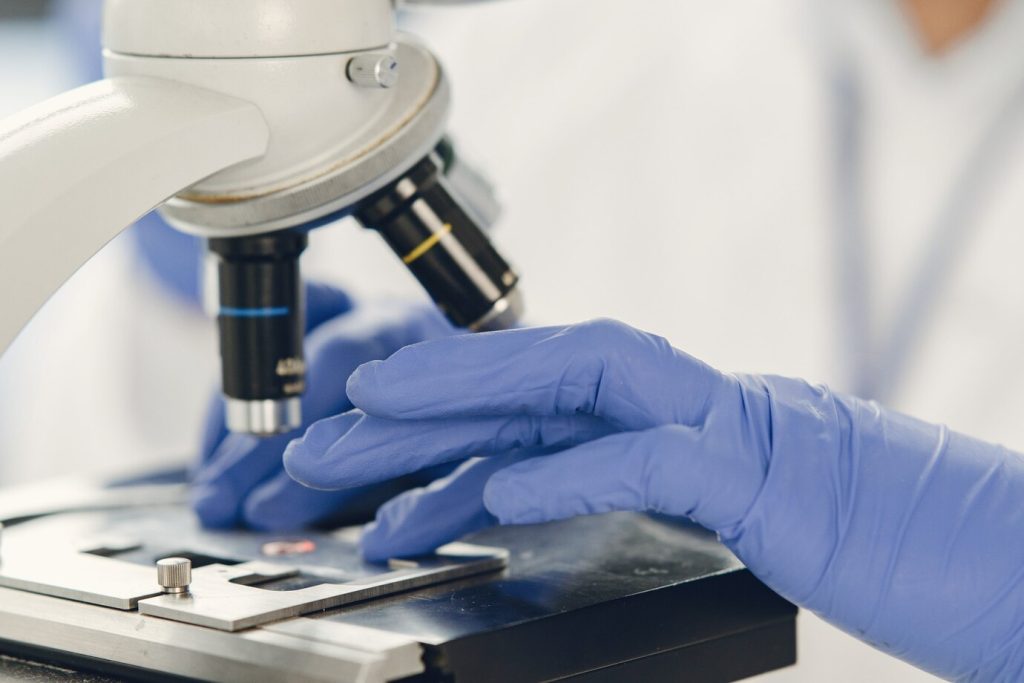
Our Team
Diorasis Therapeutics was founded based on more than 20 years of award-winning glaucoma research in John Danias’ lab in Mt Sinai and SUNY.
Co-founders and Management
SAB members
Consultants
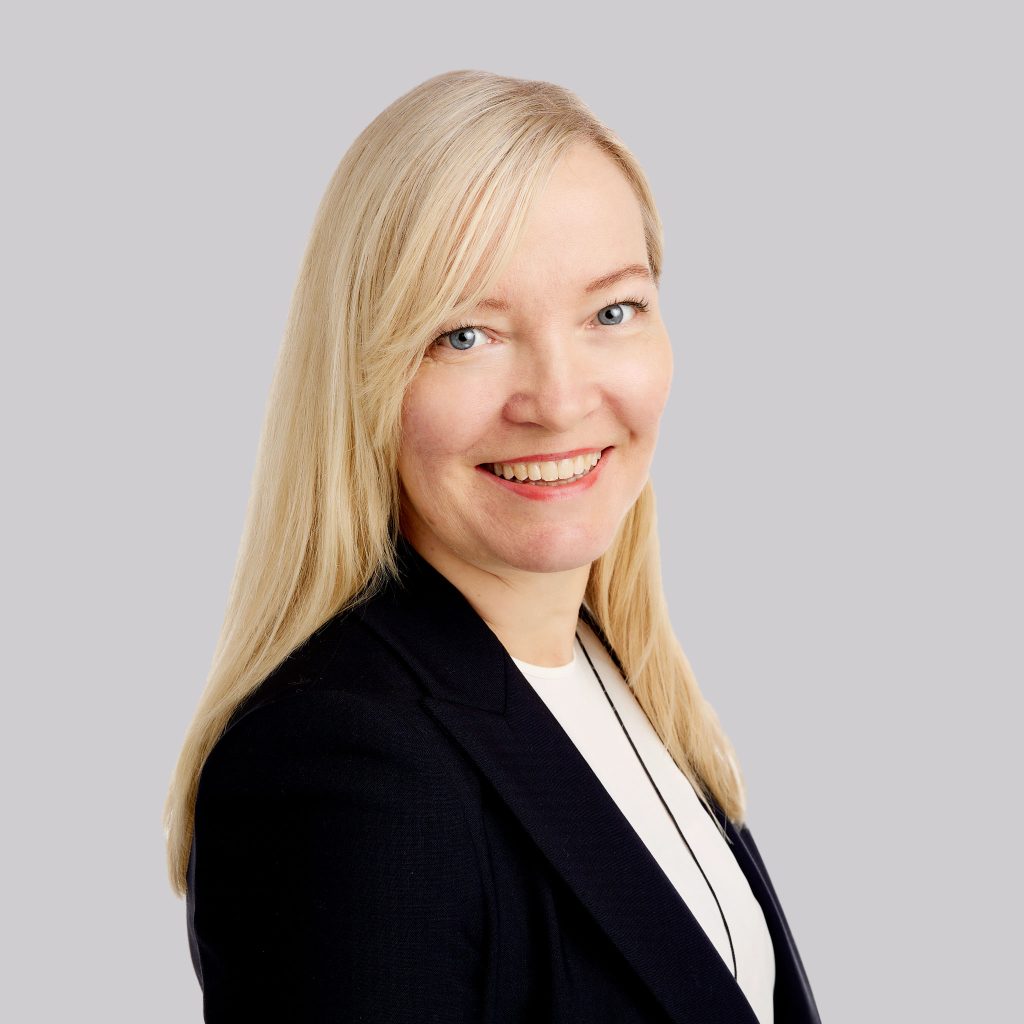
Bodil Willumsen, PhD
Bodil Willumsen, Ph.D., is an expert in gene therapy manufacturing. She is currently a CMC consultant in the field of cell & gene therapy
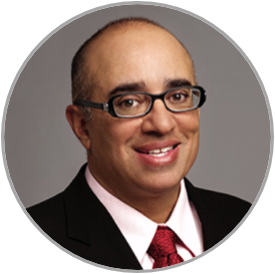
Kuldev Singh, MD
Lorem Ipsum is simply dummy text of the printing and typesetting industry. Lorem Ipsum has been the industry’s standard dummy text ever since the 1500

Dirk Sauer, PhD
Dirk has more than 33 years of extensive experience in Pharmaceutical Research and Development and successfully led numerous projects and teams during all phases of the drug development process.

Alfred Lewin, PhD
Lorem Ipsum is simply dummy text of the printing and typesetting industry. Lorem Ipsum has been the industry’s standard dummy text ever since the 1500
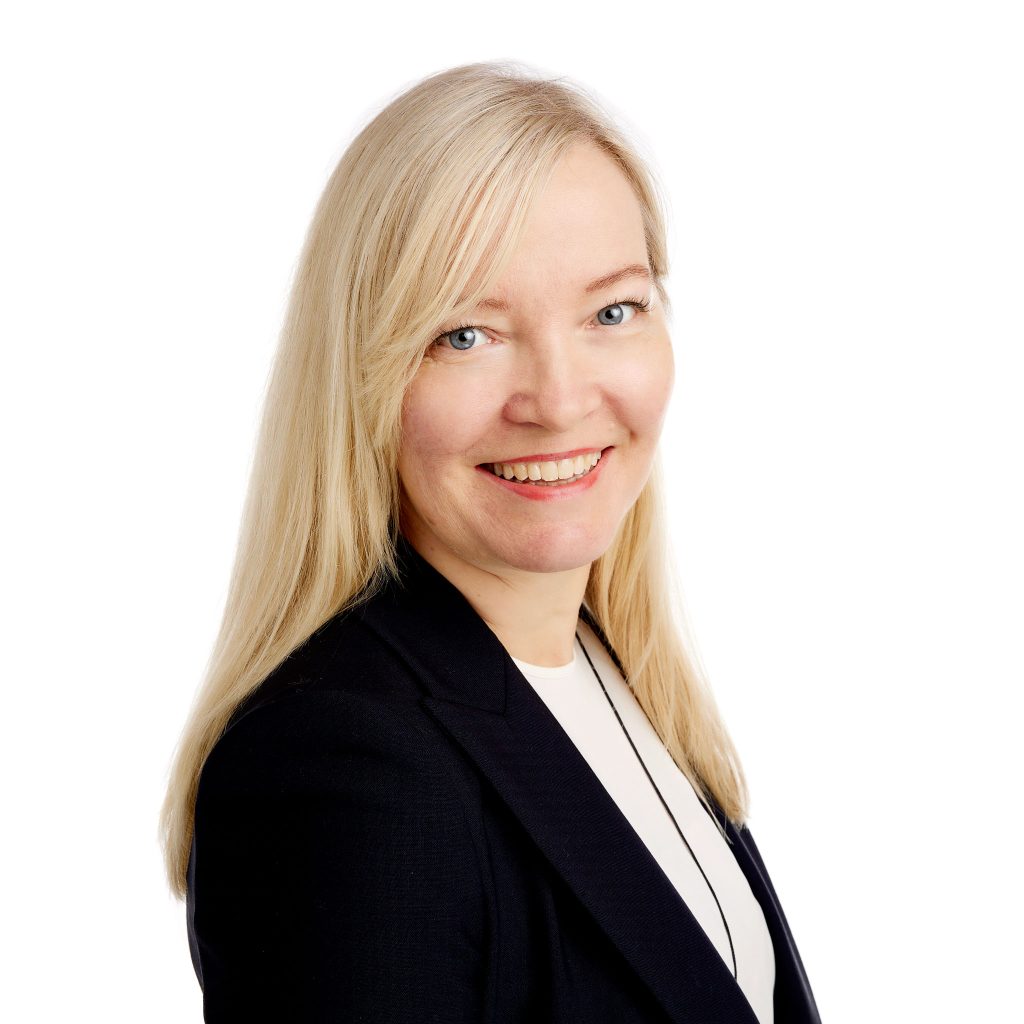
Bodil Willumsen, PhD
Bodil Willumsen, Ph.D., is an expert in gene therapy manufacturing. She is currently a CMC consultant in the field of cell & gene therapy

Mark Milton, PhD
Lorem Ipsum is simply dummy text of the printing and typesetting industry. Lorem Ipsum has been the industry’s standard dummy text ever since the 1500s
Diorasis Therapeutics was founded based on more than 20 years of award-winning glaucoma research in John Danias’ lab in Mt Sinai and SUNY.
Founders and Management
- Board of Directors
- Scientific Advisors and Consultants



